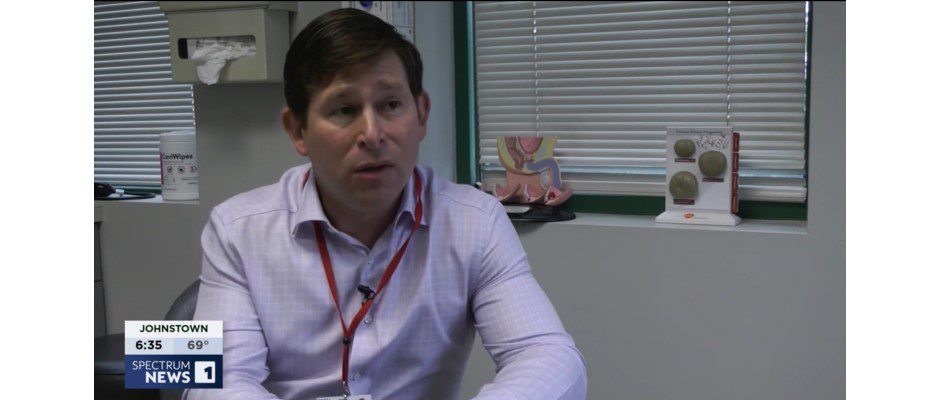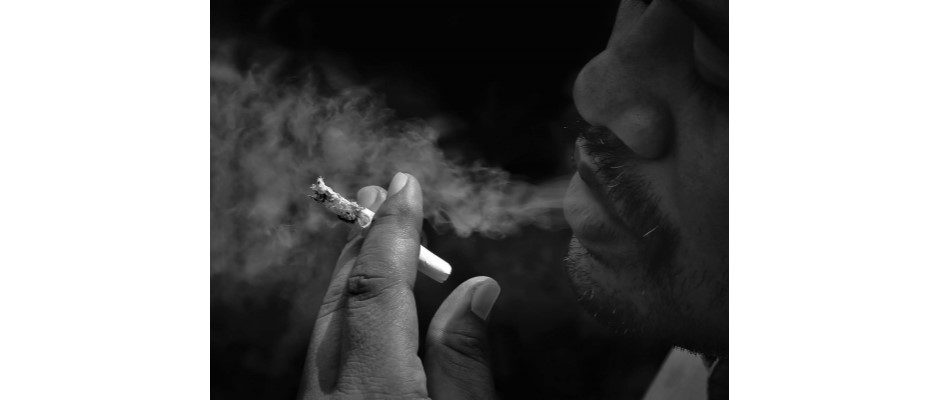
[By David J. Kozminski, MD, Capital Region Urology at Samaritan Hospital, St. Peter’s Health Partners Medical Associates.]
March is National Kidney Month, making now the perfect time to bring focus to some easy steps you can take to help prevent kidney stones this spring and summer.
In 1789, Benjamin Franklin famously said nothing is certain except death and taxes. For a large percentage of the American population, kidney stones are also a frustrating certainty in life. Stones can cause pain, infection, bleeding, obstruction, and the need for expensive ER and OR visits. But, we can be more effective in preventing stone formation with some dedicated, simple tricks.
 Kidney stones form when your urine contains more crystal-forming substrate – such as calcium, oxalate, uric acid, etc. – than your kidney can dilute. The imbalance that leads to stone formation can be caused by relative dehydration or lack of appropriate fluid intake, as well as other risk factors including diet, medical conditions like obesity and diabetes, family history, and the use of some medications.
Kidney stones form when your urine contains more crystal-forming substrate – such as calcium, oxalate, uric acid, etc. – than your kidney can dilute. The imbalance that leads to stone formation can be caused by relative dehydration or lack of appropriate fluid intake, as well as other risk factors including diet, medical conditions like obesity and diabetes, family history, and the use of some medications.
By far the most common type of kidney stones are calcium-based stones. To reduce the occurrence of these stones, the American Urological Association recommends increasing your fluid intake, maintaining adequate calcium intake, and limiting oxalate-rich foods (like leafy greens, legumes and soy products).
As the warm spring and summer months approach, an easy adjustment we can all make is to increase the amount of citrate in our urine, which directly decreases your calcium stone risk. Citrate in the urine binds to calcium so the calcium doesn’t form bothersome stones.
Small adjustments can make a big difference in stone prevention. Here are some easy ways to increase your urine citrate:
- Freshly squeeze lemon into your water bottle for the day.
- Purchase lemon add-in packets in the grocery store drink aisle.
- Support the local neighborhood kids’ lemonade stand.
- Add lime to your drink if you partake in refreshments at night.
- Drink lemonade at a summer barbeque.
- Pick up a coconut water at the gas station rather than a soda.
- Eat an orange for a snack when it’s hot outside.
Finally, to reduce calcium-based stones, your urologist or nephrologist may want to start you on a medication like a thiazide diuretic, or directly supplement you with oral potassium citrate. This decision is sometimes based on special urine studies, like a 24-hour urine collection, or if imaging studies indicate that you are at high risk to have symptomatic stones. These medications should only be prescribed by qualified providers with training in their administration.
The team at Capital Region Urology has decades of experience working with patients to prevent calcium-based and other kidney stones. Each urologist in our group is specially trained to educate patients on stone prevention, as well as treat patients surgically when stones become symptomatic. Our providers take great pride in fighting stone disease aggressively and being available to patients 24/7 in urgent stone situations.
We have multiple clinics throughout the Capital Region including Albany, Troy, and Clifton Park. For more information, visit Urology | St. Peter’s Health Partners or call the offices at the numbers below.
Troy
2231 Burdett Ave., Suite 160, Troy, NY 12180
518-272-1333
Clifton Park
1735 US-9, Clifton Park, NY 12065
518-525-1789
Albany
South Manning Blvd., Suite 106, Albany, NY 12208
518-438-1019
4 Executive Park Drive, 2nd Floor, Albany, NY 12203
518-489-7494





